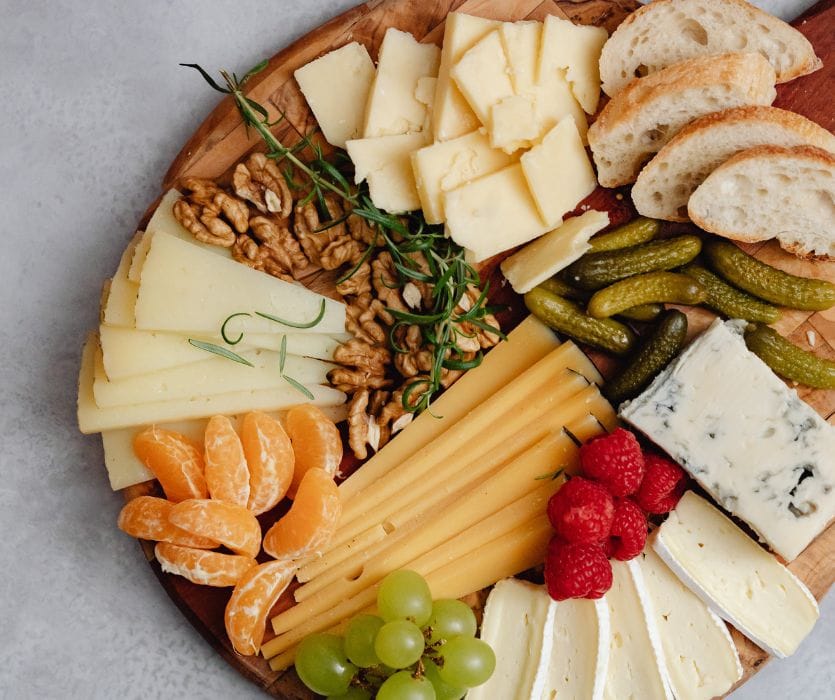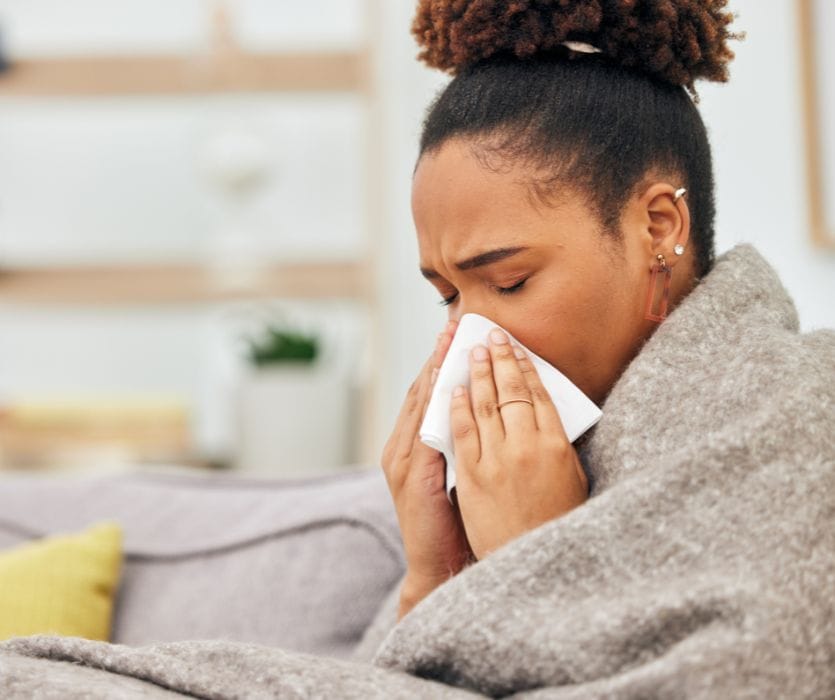I think every pregnant woman should be issued two things: a taser and a wheel of brie.
The taser for people who ask, “Haven’t you had that baby yet?!” and the wheel of brie because, hey, when can you consume about 800 calories in one sitting and be able to blame any weight on another person?
Listeria is the Big Worry
Listeria monocytogenes is indeed a legitimate concern. This nasty little bacterium lives naturally in soil, decaying vegetation, and the intestinal tract of most mammals. It can contaminate everything from coleslaw to hot dogs, deli meats, chicken, and non-pasteurized dairy products.
Pregnant women are 10 times more likely to develop listeriosis than other adults, making up about 1 out of every 6 people who get this infection. When listeria gets into your bloodstream, it can spread to other organs, including the placenta. It's serious business – the CDC reports around 1,600 people become ill from listeria annually, with around 260 deaths.
It’s nasty. You don’t want it and if you read the articles on listeria, you will be amazed that any of us made it here, considering how common it is and how deadly it can be.
Where the Cheese Rules Go Off the Rails
Where you lose me is the obsession with soft cheese, such as brie or camembert, and blue-veined cheeses, like danish blue and stilton. These appear on every pregnancy no-no list, yet the risk applies primarily to unpasteurized varieties, not the ones you're most likely to find at your grocery store.
Unpasteurized cheeses and raw dairy products are severely restricted in North America. Since 1949, the US government has forbidden the sale of cheeses made from unpasteurized milk unless they're aged at least 60 days (the theory being that acids and salt will kill harmful bacteria after 60 days). You're actually hard-pressed to find soft cheese that isn't pasteurized these days.
The Reality Check
Most cheeses on US grocery store shelves are safe to consume, including many soft cheeses traditionally labeled as "unsafe." The safe list includes:
- American, Colby, cheddar, Monterey Jack, pepper jack
- Mozzarella, Muenster, provolone, Swiss
- Gouda, Parmesan, Romano
- Cottage cheese, cream cheese, ricotta
- Any cheeses made with pasteurized milk (cow, goat, or sheep)
The potentially risky ones are typically found in specialty delis or farmers' markets:
- Brie, Camembert, feta (if unpasteurized)
- Roquefort, queso fresco, queso blanco, panela
The Simple Solution
Check the packaging or ask if the cheese is pasteurized. If it is, take that maternity waistband for a test drive and roll out the cheese wheel, darling. Federal laws make it illegal in many states to sell raw milk and dairy products across state lines, so your regular grocery store cheese is likely fine.
The Bottom Line
Yes, listeria is a real concern during pregnancy. But the blanket ban on soft cheeses is largely outdated fear-mongering that doesn't account for modern food safety regulations. Read labels, ask questions when pasteurization status is unclear, and make informed choices rather than following blanket restrictions.
And if you accidentally eat something from the "unsafe" category? Don't panic. Keep an eye out for flu-like symptoms (fever, muscle aches) and contact your doctor if you have concerns. Most infections are mild, though complications can be serious.
So go ahead, enjoy that pasteurized brie. Some battles are worth fighting, and the right to enjoy good cheese during pregnancy is definitely one of them.
Also check out: Is it Safe to Eat Hot Dogs and Cold Cuts while Pregnant?




Leave a Comment